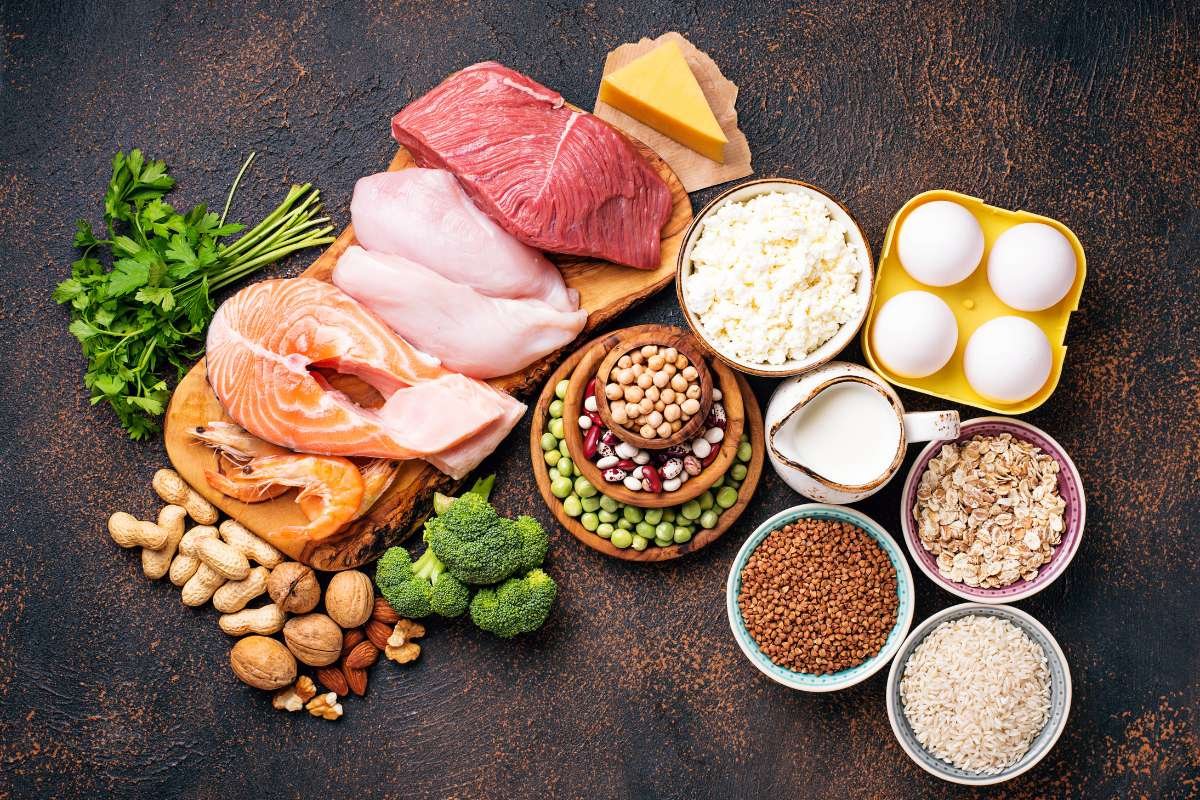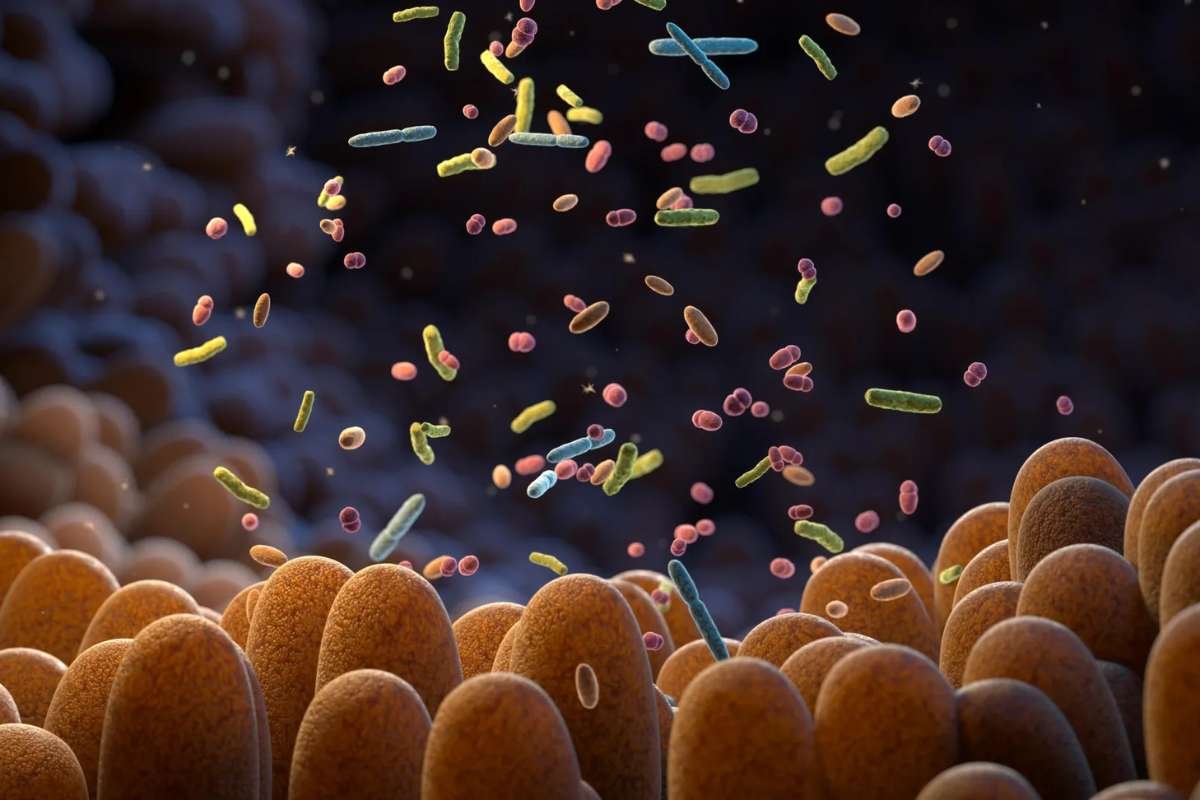Eating Too Much Protein – Is It Really a Problem?
You’ve probably heard the gym-buddy advice: “Load up on protein if you want muscles.” Sure, protein is the building block of your body, but stuffing your plate with steak, shakes, and eggs every meal isn’t the golden ticket. Eating too much protein is like filling your car tank until it spills; it doesn’t make the engine run better; it just makes a mess. Let’s dig into what happens when protein goes overboard.
What Happens When You Go Overboard with Protein?
Protein is a powerhouse nutrient. It builds muscles, repairs tissues, fuels enzymes, and even keeps your hormones balanced. But like everything in life, there’s a healthy limit. Once you start eating too much protein, your body struggles to process the overload. Instead of extra benefits, you may face several health problems. Let’s break it down:
1. Kidney Stress

Your kidneys act like a filter, removing waste products from protein breakdown, mainly urea. If you constantly consume more protein than your body needs, your kidneys have to work overtime to flush out these byproducts. For healthy people, this may not cause instant damage, but for those with even mild kidney issues, the extra strain can speed up kidney problems. Over the years, this continuous stress may increase the risk of kidney stones and reduced kidney function.
2. Dehydration
Protein metabolism requires more water than carbs or fats. When your body processes high amounts of protein, it pulls water from your tissues to get rid of urea through urine. This can leave you feeling thirsty, tired, or even lightheaded if you’re not drinking enough fluids. Athletes on high-protein diets often face this hidden dehydration, which can affect workout performance and overall energy.
Also Read: 11 Effective Tips for Staying Hydrated and Avoiding Dehydration
3. Digestive Issues
A protein-heavy diet often lacks fiber, especially if it’s built around meat, eggs, or shakes while skipping fruits, vegetables, and whole grains. Without enough fiber, your digestive system slows down, leading to constipation, bloating, and discomfort. Over time, low fiber can also upset the gut microbiome, which affects not just digestion but your overall immunity and mood.
Also Read: 6 Vegetables to help you with Digestion
4. Nutrient Imbalance
Focusing too much on protein often means pushing aside other important foods. If most of your plate is chicken breast, steak, or protein powder, you may not get enough vitamins, minerals, and antioxidants from plant foods. This imbalance may lead to deficiencies in nutrients like vitamin C, folate, magnesium, and fiber, all of which play vital roles in energy, immunity, and heart health.
5. Heart Health Concerns
Not all protein sources are equal. A diet high in red or processed meats, such as bacon, sausages, and fatty cuts of beef, may raise cholesterol levels. This contributes to clogged arteries and increases the risk of heart disease. Research shows that diets rich in plant-based proteins, like beans, lentils, and nuts, support heart health, while too much animal protein can raise long-term risks.
How Much Protein Do You Really Need? (Age-Wise Chart)
| Age Group | Daily Protein Requirement (grams per kg of body weight) | Average Example (for a 70 kg person) | Notes |
| Children (1-3 years) | 1.05 g/kg | 15-20 g | Needed for growth, brain development, and muscles. |
| Children (4-8 years) | 0.95 g/kg | 25-30 g | Supports steady growth and school activity energy. |
| Teens (9-13 years) | 0.95 g/kg | 35-45 g | Important for rapid growth and hormone changes. |
| Teen Boys (14-18 years) | 0.85 g/kg | 50-60 g | Supports muscle and bone development during puberty. |
| Teen Girls (14-18 years) | 0.85 g/kg | 45-55 g | Needed for growth, menstrual health, and energy. |
| Adults (19-64 years) | 0.8 g/kg | 55 g | Maintains muscle mass, metabolism, and overall health. |
| Seniors (65+ years) | 1.0-1.2 g/kg | 60-70 g | Helps prevent muscle loss (sarcopenia) and supports recovery. |
| Athletes / Strength Training (all ages above 14) | 1.2-2.0 g/kg | 85-140 g (for a 70 kg person) | Needed for muscle repair and endurance, but not beyond this. |
Facts About Protein That Might Surprise You
- The human body cannot store excess protein; it turns into fat or waste.
- Average adults in developed countries already eat 20-40% more protein than needed.
- Protein powders often contain additives or sweeteners that may harm your gut.
- Beans, lentils, and nuts are great protein sources with added fiber, unlike red meat.
- Drinking more water reduces the risk when protein intake is high.
Signs You’re Eating Too Much Protein

Watch out for these everyday signals:
- Constant thirst despite drinking water.
- Unexplained bad breath (caused by protein breakdown producing ammonia).
- Digestive problems like constipation.
- Feeling tired even after eating.
- Weight gain despite gym workouts, since extra protein often stores as fat.
Balancing Protein with Other Nutrients
Protein is only one piece of the nutrition puzzle. To avoid the downsides of eating too much protein, try this balance:
- Add Fiber: Pair protein with veggies, oats, or whole grains.
- Mix Protein Sources: Use fish, poultry, eggs, beans, and nuts instead of just red meat.
- Hydrate More: Every gram of protein needs water for metabolism. Drink plenty.
- Don’t Skip Carbs: Carbs are fuel. Without them, your body burns protein for energy, which stresses organs.
- Watch Portions: A palm-sized serving of protein per meal is enough for most people.
Is Eating Too Much Protein Dangerous Long-Term?

In the short run, your body adjusts. But in the long run, eating too much protein can raise the risk of kidney disease, osteoporosis, and heart problems. Research also shows that diets overloaded with animal proteins can shorten life expectancy compared to balanced diets with plant-based sources.
Conclusion
Protein is your friend, but like any good friend, too much of it can wear you down. Eating too much protein doesn’t give you superhero muscles; it just makes your body work harder than it should. Keep your diet balanced, hydrate well, and enjoy food variety. After all, health isn’t about how much protein you eat, but how smartly you eat it.







